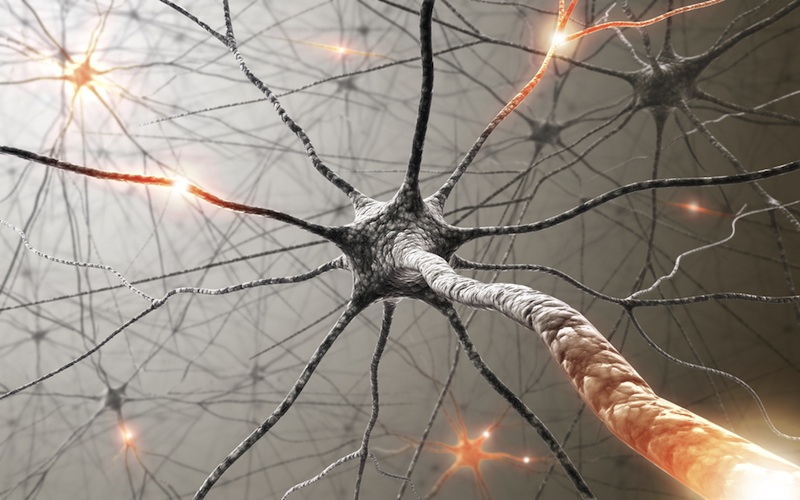Human Brain Loses Billions of Neurons in New Analysis

Get the world’s most fascinating discoveries delivered straight to your inbox.
You are now subscribed
Your newsletter sign-up was successful
Want to add more newsletters?

Delivered Daily
Daily Newsletter
Sign up for the latest discoveries, groundbreaking research and fascinating breakthroughs that impact you and the wider world direct to your inbox.

Once a week
Life's Little Mysteries
Feed your curiosity with an exclusive mystery every week, solved with science and delivered direct to your inbox before it's seen anywhere else.

Once a week
How It Works
Sign up to our free science & technology newsletter for your weekly fix of fascinating articles, quick quizzes, amazing images, and more

Delivered daily
Space.com Newsletter
Breaking space news, the latest updates on rocket launches, skywatching events and more!

Once a month
Watch This Space
Sign up to our monthly entertainment newsletter to keep up with all our coverage of the latest sci-fi and space movies, tv shows, games and books.

Once a week
Night Sky This Week
Discover this week's must-see night sky events, moon phases, and stunning astrophotos. Sign up for our skywatching newsletter and explore the universe with us!
Join the club
Get full access to premium articles, exclusive features and a growing list of member rewards.
The whole human race just got a little dumber: A new analysis of the number of neurons, those brain cells that transmit thoughts, in the human brain has come back with a staggeringly lower number than thought -- 14 billion brain cells fewer, about the size of the babboon brain.
The highly quoted number of human brian cells, 100 billion, doesn't stand up to actual experimental inquiry, Suzana Herculano-Houzel, an assistant professor at the Universidade Federal do Rio de Janeiro, told the Nature neuroscience podcast NeuroPod.
The work was performed on four human brains, ages 50, 51, 54 and 71, from men who donated their brains to science. As The Guardian summarized:
"The method involves dissolving the cell membranes of cells within the brain and creating a homogeneous mixture of the whole lot. You then take a sample of the soup, count the number of cell nuclei belonging to neurons (as opposed to other cells in the brain such as glia) and then scale up to get the overall number. The great advantage of this method is that unlike counting the number of neurons in one part of the brain and then extrapolating from that, it gets over the problem that different brain regions may have more or less densely packed neurons."
The result, Herculano-Houzel told Neuropod, was that on average the human brain has 86 billion neurons, with none of the four brains examined holding 100 billion neurons. "Even though it may sound like a small difference the 14 billion neurons amount to pretty much the number of neurons that a baboon brain has or almost half the number of neurons in the gorilla brain. So that's a pretty large difference actually," she said.
Scientists debate how important this number is, though. Previous research on animal brains has indicated that bigger isn't necessarily better; the bulkier brains, holding lots of neurons, could just be what's needed to control larger bodies. Others contend that our big brains are necessary for our complex social lives, our extreme tool use or our ability to think about thinking, called metacognition.
Other researchers believe that our intelligence lies not in our brain size, but in the complexity of the brain's interactions. The brain is so complex and tangled in and around itself, in fact, that unraveling how it works has been a seemingly never-ending puzzle.
Get the world’s most fascinating discoveries delivered straight to your inbox.
All in all, is a monkey's brain worth of neurons off the top really make all that big of a difference?
You can follow LiveScience staff writer Jennifer Welsh on Twitter @microbelover. Follow LiveScience for the latest in science news and discoveries on Twitter @livescience and on Facebook.
Jennifer Welsh is a Connecticut-based science writer and editor and a regular contributor to Live Science. She also has several years of bench work in cancer research and anti-viral drug discovery under her belt. She has previously written for Science News, VerywellHealth, The Scientist, Discover Magazine, WIRED Science, and Business Insider.
 Live Science Plus
Live Science Plus











